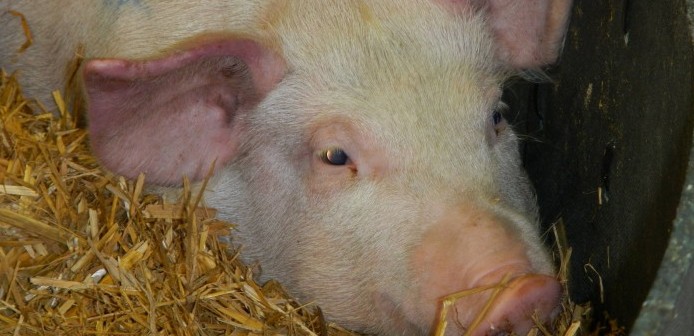African Swine Fever virus has been confirmed in Bosnia-Herzegovina for the first time.
The virus was confirmed on June 22 in one pig on a farm near Bijeljina in the north east of the country, close to the border with Serbia, according to a report by the World Organisation for Animal Health (WOAH). There were no other pigs on the farm.
The European Food Safety Authority recently reported that the number of outbreaks of ASF in pigs and wild boar in Europe fell significantly during 2022. Eight EU countries – Bulgaria, Germany, Italy, Latvia, Lithuania, Poland, Romania and Slovakia – and four non-EU neighbouring countries – Moldova, North Macedonia, Serbia and Ukraine – reported outbreaks in domestic pigs.
But ASF outbreaks among domestic pigs in the EU decreased by 79% compared to 2021, with marked falls in Romania, Poland and Bulgaria. However, Romania remained the most affected EU country with 327 outbreaks, representing 87% of the total EU outbreaks. Serbia was the most affected non-EU country, with 107 outbreaks.
The disease was notified in wild boar in 11 countries, with 40% fewer cases reported 2022, the first time the number has fallen in the area since its introduction in 2014.
The virus was recently discovered to have made a new ‘jump’ in Italy, probably as a result of human spread.
ASF was recently confirmed on a domestic pig farm and in four wild boar in Calabria, the third region of Italy to be affected since the first incursion in January 2022, after Piedmonte and Lazio.
ASF was recently confirmed in domestic pigs in Greece for the first time since February 2020 and in April and May, 11 cases were reported in domestic pigs in Romania, with various countries reporting multiple cases in wild boar, including Italy, Germany and Romania.




